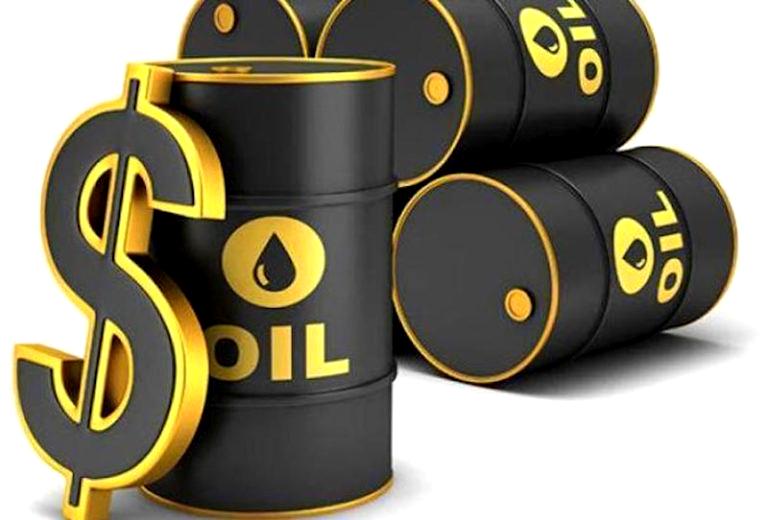Brent crude futures for September settlement rose by $4.44, or 4.4%, to $105.60 a barrel, having gained 2.1% on Friday. The rising price of crude oil has made oil marketers to review their pump price of petrol upward. Some are selling at N180, while some others are selling at N200 per litre in Lagos. Nigeria daily consumption of petrol, has risen from 72.07 million litres a day in December 2021 to 74 million litres per day as at the week ended April 3, 2022. The 36 states along with the Federal Capital Territory, FCT, received a total of 1.03 billion litres of petrol in 14 days. Meanwhile, the average retail price of petrol increased to N185.30 in March 2022 indicating a 7.31% Year-on-Year (YoY) increase when compared to the value recorded in March 2021 N172.68.
Nigeria imports 100 per cent of its petrol needs. The rising price of crude oil and the subsequent increase in fuel prices has led to hike in transportation cost thus inflicting untold hardship on Nigeria with ever rising inflation rate that now stands at 18.6 per cent. U.S. West Texas Intermediate crude futures for August delivery were up $4.10, or 4.2%, at $101.69 after rising by 1.9% in the previous session. Russian gas export monopoly Gazprom declared force majeure on gas supplies to Europe to at least one major customer, according to the letter seen by Reuters, potentially ratcheting up the continent’s supply crunch. “Brent crude will find support at the end of the week if Russia does not turn the gas back on to Germany after Nord Stream 1 maintenance,” said OANDA senior analyst Jeffrey Halley.
A trading source said the letter concerned supplies through the Nord Stream 1 pipeline, a major supply route to Germany and beyond. “At this moment, it is unclear whether gas exports from Russia towards Germany will resume,” said ABN Amro senior energy economist Hans van Cleef. With European leaders being determined to increase sanctions towards the Kremlin, the likelihood has increased that the Russian government will announce the next step in further cutting back gas flows towards Europe as a counter reaction.” Both Brent and WTI last week registered their biggest weekly declines for about a month on fears of a recession that would hit oil demand.
Meanwhile, mass COVID-19 testing exercises continue in parts of China this week, raising concerns over oil demand from the world’s second-largest oil consumer. However, supplies remain tight. As expected, U.S. President Joe Biden’s trip to Saudi Arabia failed to yield any pledge from the top OPEC producer to boost oil supply. Biden wants Gulf oil producers to step up output to help to lower oil prices and drive down inflation.

